Incorporating Superfoods for Weight Loss: Can They Help You Reach Your Goals?
When paired with a healthy diet and regular exercise, the superfoods can help you achieve your weight loss objectives in a long-term way.
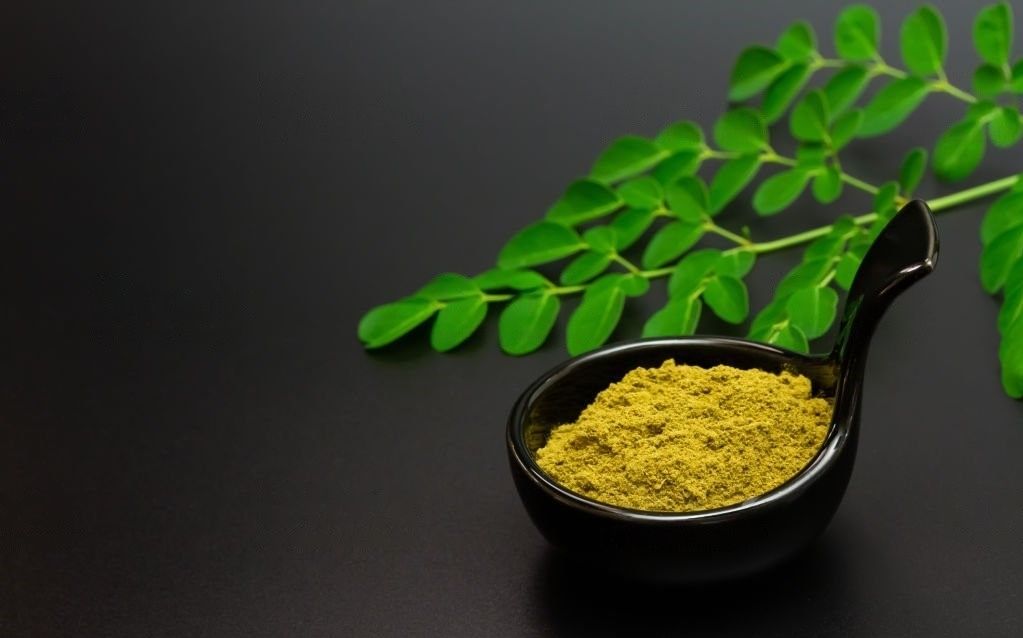
Weight loss is a common goal for many individuals striving for a healthier lifestyle. While there are numerous diets and weight loss programs available, incorporating natural and nutrient-rich foods into your diet can be an effective approach. In this blog, we explore the potential of Indian superfoods in helping you achieve your weight loss goals. Indian cuisine offers a wide range of flavorful and nutritious ingredients that have been traditionally used for their health benefits. Let's delve into some of these superfoods and understand how they can contribute to weight loss.
Maximizing Superfoods for Weight Loss
1.Turmeric: A Golden Spice for Weight Management
Turmeric, a vibrant yellow spice commonly used in Indian cooking, contains an active compound called curcumin. Curcumin has been shown to possess anti-inflammatory properties and may help in weight management. It can potentially suppress fat tissue growth, reduce inflammation, and enhance insulin sensitivity, which aids in maintaining a healthy weight. Incorporate turmeric into your diet by adding it to curries, soups, or even as a warm turmeric milk before bedtime.
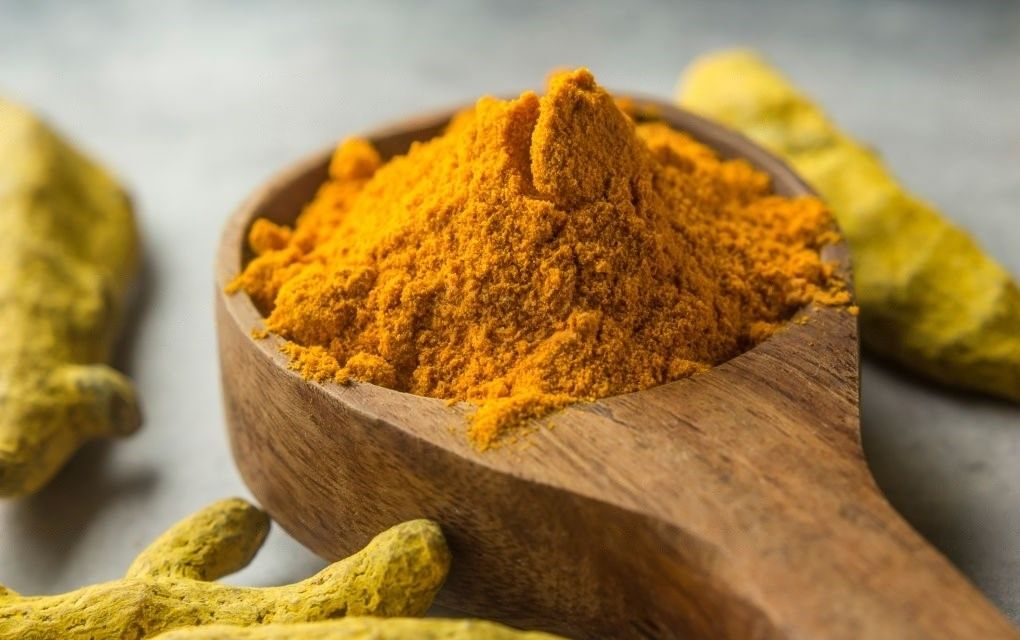
2. Moringa: A Nutrient Powerhouse
Moringa, also known as the "miracle tree," is a highly nutritious superfood. Its leaves are rich in vitamins, minerals, and antioxidants, making it an excellent addition to a weight loss diet. Moringa leaves are known to contain compounds that can help boost metabolism, reduce fat formation, and increase satiety, which aids in controlling food intake. You can enjoy moringa leaves in salads, smoothies, or as a tea infusion.
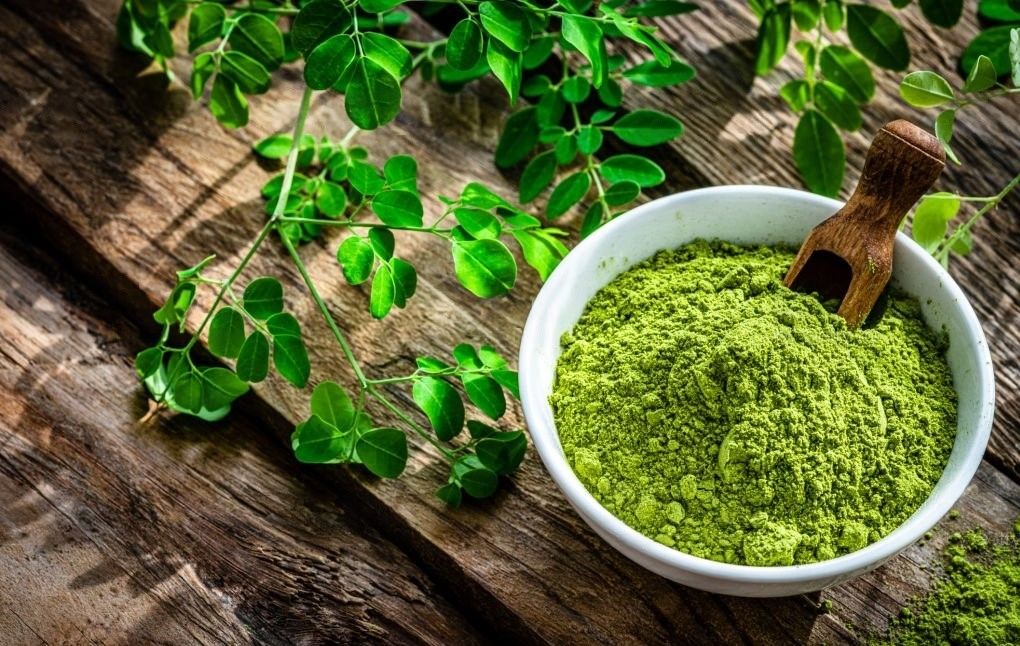
3. Lentils: The Protein-Packed Legumes
Lentils are a staple in Indian cuisine and are an excellent source of plant-based protein and dietary fiber. Protein-rich foods are known to promote satiety, reduce cravings, and increase metabolic rate, all of which are beneficial for weight loss. Moreover, lentils have a low glycemic index, which helps stabilize blood sugar levels and prevents insulin spikes. Incorporate lentils into your meals through lentil soups, curries, or salads.
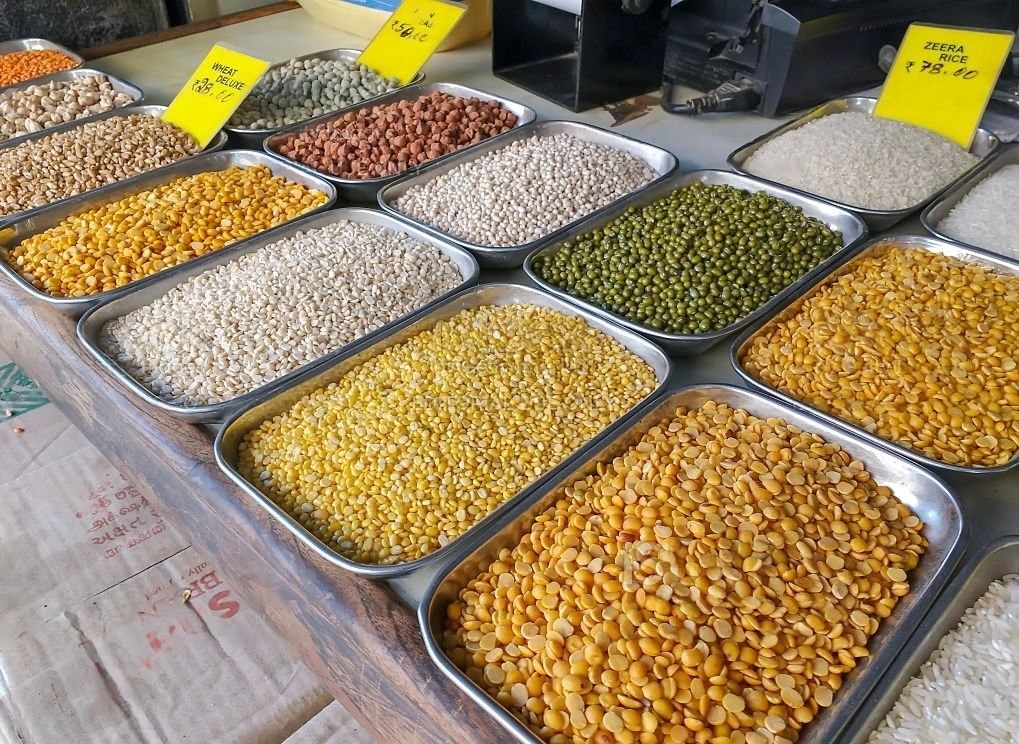
4. Curry Leaves: A Flavorful Aid in Weight Loss
Curry leaves are widely used in Indian cooking for their distinct flavor and aroma. These leaves are rich in antioxidants and bioactive compounds that can support weight loss efforts. They may help in reducing cholesterol levels, promoting fat metabolism, and regulating blood sugar levels. Add curry leaves to your dishes as a garnish or use them to temper your curries and stir-fries.
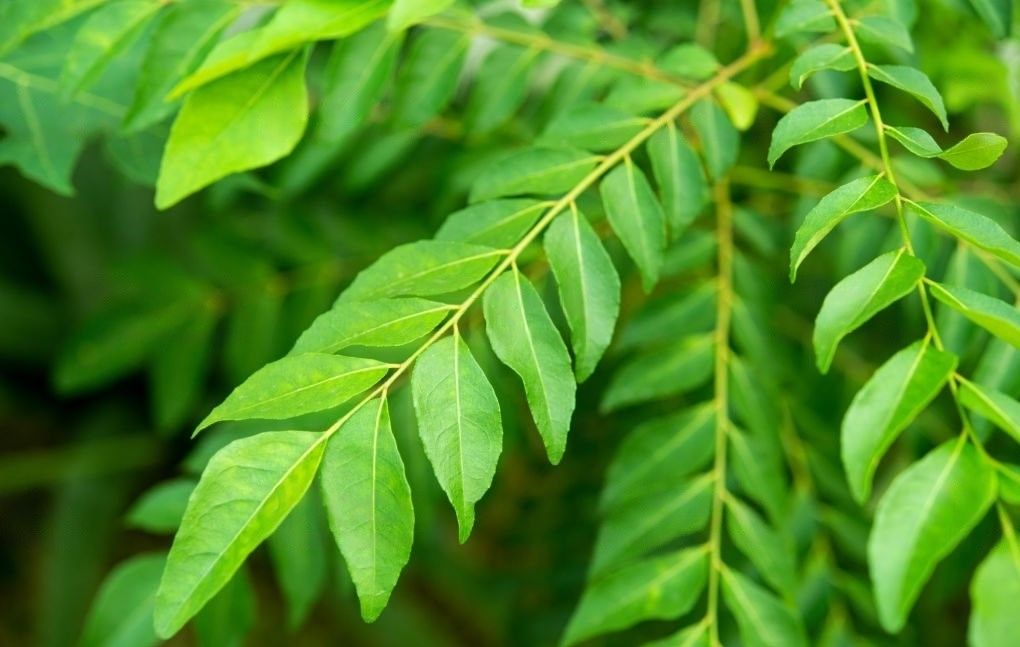
5. Flaxseeds: Tiny Seeds, Big Benefits
Flaxseeds are a nutritional powerhouse packed with fiber, healthy fats, and essential omega-3 fatty acids. Including flaxseeds in your diet can help increase satiety, reduce appetite, and improve insulin sensitivity. These tiny seeds also aid in digestive health and may help reduce the risk of obesity-related complications. Sprinkle ground flaxseeds on your cereal, yogurt, or incorporate them into baked goods for an added nutritional boost.
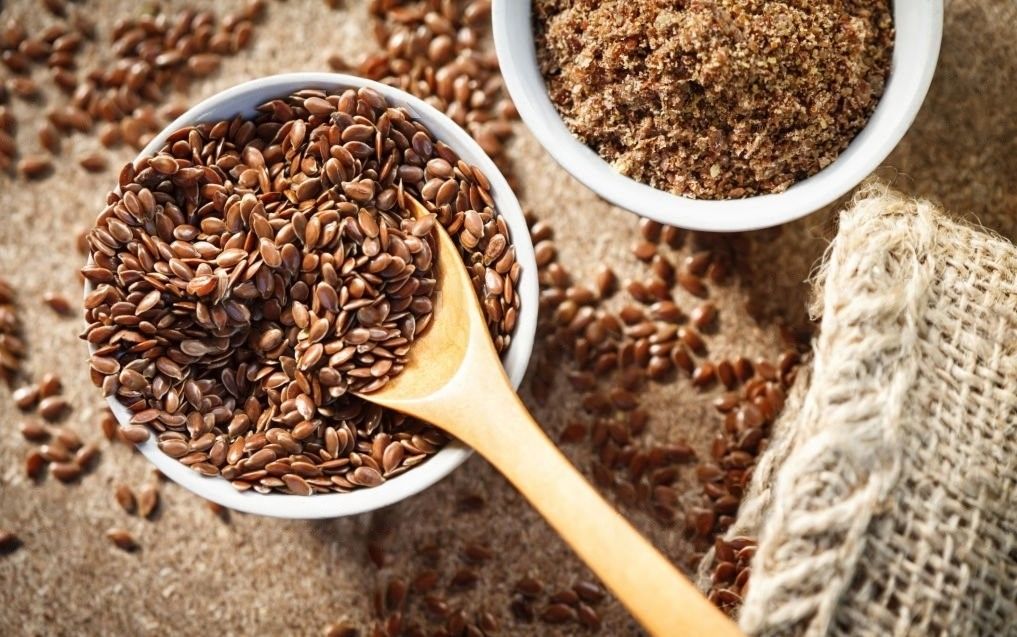
SUMMARY
Incorporating Indian superfoods into your weight loss journey can provide numerous health benefits. Turmeric with its anti-inflammatory properties, Moringa packed with essential nutrients, lentils rich in protein and fiber, curry leaves supporting fat metabolism, and flaxseeds with their omega-3 fatty acids are all valuable additions to a weight loss diet. These superfoods, when combined with a balanced diet and regular exercise, can contribute to your weight loss goals in a sustainable manner.
Jayti Shah is a Clinical Nutritionist with a master's degree in Clinical Nutrition and Dietetics. She is a member of the Indian Dietetic Association (IDA). Over the last 9 years, she has helped 400 clients in their clinical and weight loss journeys. She works with SocialBoat as a nutrition consultant.
At SocialBoat, we offer custom diet plans and guided workouts to help you achieve your goals in a 360-degree approach. Our gamified experience ensures that you don’t find workouts boring and we reward you for being consistent with your efforts.

REFERENCES
- Mohan, M., Jadhav, V., Rathod, T., & Kshirsagar, A. (2018). Effects of Moringa oleifera leaf powder on weight management and health parameters: A narrative review. Journal of Ayurveda and Integrative Medicine, 9(2), 141-147.
- Pittaway, J. K., Ahuja, K. D., Cehun, M., Chronopoulos, A., Robertson, I. K., & Nestel, P. J. (2007). Dietary Supplementation with Chickpeas for at Least 5 Weeks Results in Small but Significant Reductions in Serum Total and Low-Density Lipoprotein Cholesterols in Adult Women and Men. Annals of Nutrition and Metabolism, 51(4), 480-486.
- Ghorbani, A., Hadjzadeh, M. A., & Rajaei, Z. (2016). Effects of Tropaeolum majus L. on metabolic syndrome in rats. Avicenna Journal of Phytomedicine, 6(4), 440-447.
- Kaulmann, A., Bohn, T., & Carle, R. (2008). Flaxseed (Linum usitatissimum L.) products: an overview. Food Science and Technology, 41(5), 401-417.
- Kristensen, M., Jensen, M. G., Aarestrup, J., Petersen, K. E., Søndergaard, L., & Mikkelsen, M. S. (2012). Flaxseed dietary fibers lower cholesterol and increase fecal fat excretion, but magnitude of effect depend on food type. Nutrition & Metabolism, 9(1), 1-9.
- Ullah, R., Nadeem, M., Khalique, A., Imran, M., Iqbal, M., & Abbas, M. (2016). Nutritional and therapeutic perspectives of Chia (Salvia hispanica L.): a review. Journal of Food Science and Technology, 53(4), 1750-1758.
- Chandran, B., & Goel, A. (2012). A randomized, pilot study to assess the efficacy and safety of curcumin in patients with active rheumatoid arthritis.
